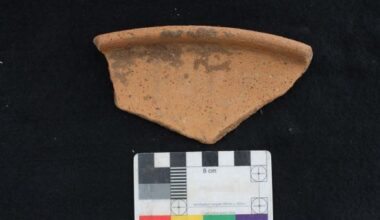Project summary
Language is widely recognised as a key marker of a group’s sociocultural identity but in today’s superdiverse societies where different cultural and linguistic affiliations co-exist, individuals often need to negotiate multiple sociocultural identities. Cyprus is particularly interesting for studies on identity and language because of the conflictual relationship between the two communities, and because language is a prime indicator of identity for the Turkish as well as the Greek populations. A systematic comparative study of the ways in which sociocultural identities and language are intertwined on both sides of the Greek-Turkish border in Cyprus has not so far been made. This project therefore fills an important gap in our understanding of the similarities and differences in the strategies used by Greek and Turkish Cypriots to negotiate local, national and international dimensions of their identities.
Project details
Location: Cyprus
Year(s): 2020
Project director(s): Jeanine Treffers-Daller
Lead institutions and funding:
- University of Reading
- CBRL
Project description
This project looked at the relationship between sociocultural identity and language on both sides of the Greek-Turkish border in Cyprus. This issue is particularly complex in Cyprus because of the conflictual relationship between the Greek and Turkish speaking communities. Language is a prime indicator of identity for both groups. The key aim of the project was to investigate in more detail how Greek Cypriots and Turkish Cypriots map their identity profiles onto the languages they use in daily life.
The project worked with 40 participants in each language group. The project found that Cypriots from both communities who tend to blend different elements from each culture (the hybrid identity style) were more likely to produce hybrid sentences containing words from different languages. By contrast, those who try to keep both identities separate and alternate between different identities (the alternating identity style) were more likely to switch between sentences, and less often within sentences.
We also found that the Turkish Cypriots were more likely to switch between different identities in everyday interactions than the Greek Cypriots. We hope that the findings of this project can be used to inform further theory development in cross-cultural psychology and multilingualism and will contribute to furthering mutual understanding between the two communities in Cyprus.
Project bibliography
Treffers-Daller, Jeanine. 2021. Multilingualism and identity styles in Cyprus. Bulletin of the Council for British Research in the Levant 2020, p 15.
Published:07 December 2021















